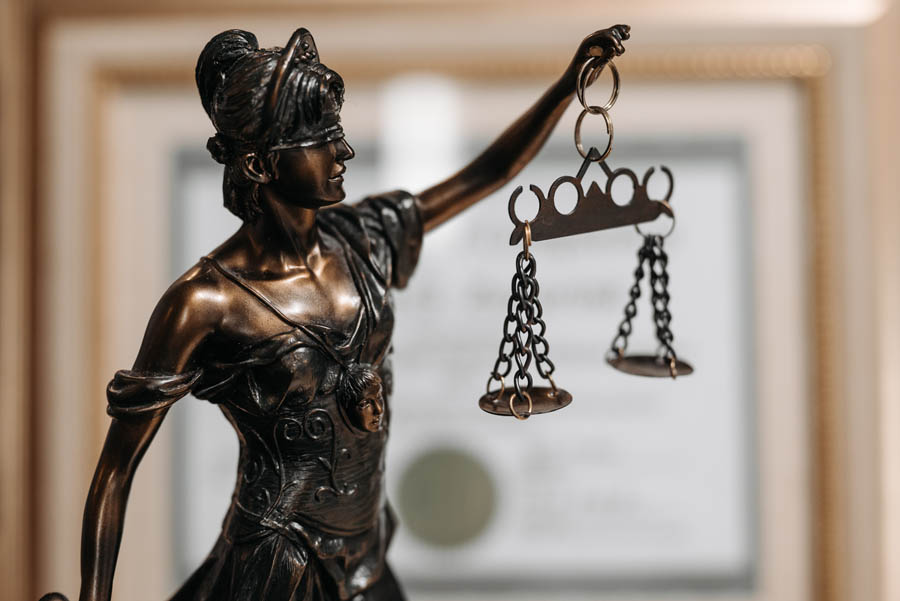Since the leak of the draft majority Supreme Court opinion in the Dobbs v. Jackson Women’s Health case signaling the possibility of overturning of Roe v. Wade and returning the issue of abortion to individual states, pro-abortion uproar, including violence and threats, has ensued.
The fundamental immorality of the abortion apologists’ vandalism, violence, and bullying aside, many people are not aware that an end to Roe does not mean an end to legalized abortion. Many are also unaware that while the flawed Roe ruling created a right to abortion where none existed, it simultaneously took away the right of the states to decide for themselves whether and how to regulate abortion.
The overturning of Roe would mean “not an ending, but a new beginning in the fight for life,” Autumn Leva, vice president of strategy for Family Policy Alliance, said in a report from The Daily Signal. This is because the battle will be fought at the state level, and women and families will still need pregnancy help in any case.
Supreme Court justices have the job of ruling on whether a law is constitutional, not create or pass new laws. But a so-called “right” to abortion was created via Roe under the guise of a constitutional right to privacy.
And further, the Roe v. Wade decision cut out the voices of individual citizens in the abortion issue by taking it away from the states. Now, with the possibility for the human rights issue of abortion to be turned back over to the states for the people to decide, there seems to be a problem for abortion supporters.
[Click here to subscribe to Pregnancy Help News!]
There are different estimates, but it looks as though roughly half of the states in the U.S. will ban or markedly restrict abortion access if the Supreme Court reverses Roe v. Wade.
Among those making forecasts is the pro-abortion think-tank Guttmacher Institute. Guttmacher expects that 26 states will ban abortion, and says that 13 states - Arkansas, Idaho, Kentucky, Louisiana, Mississippi, Missouri, North Dakota, Oklahoma, South Dakota, Tennessee, Texas, Utah, and Wyoming - have trigger laws. These laws are designed to take effect automatically or by swift state action if Roe is no longer in effect.
Guttmacher says further that 16 states and the District of Columbia “have laws that protect the right to abortion.”
Analysis from NBC News has a slightly lesser calculation for life states, finding that 23 would prohibit abortion.
For more detailed and balanced assessment of the states and abortion, Americans United for Life provides a State Spotlight that tracks where each U.S. state stands on the right to life. The Daily Signal also offers state-by-state analysis of abortion law in the event Roe is struck down, and Family Policy Alliance likewise has a State of the States tracker.
Regardless of the exact number of U.S. states that will act to support life if the Supreme Court reverses Roe v. Wade, voters will have more direct influence on abortion legislation.
One might ask amid the current ongoing pro-abortion chaos, that if a majority of U.S. citizens favor abortion access as the media portrays, then why not allow it to go to individual states, so the American people can then vote on it?
If the majority were truly in favor of killing babies, then there would be nothing for abortion supporters to be concerned about.
Tweet This: If a majority of U.S. citizens favor abortion access as the media says, why not allow it to go to states so the people can vote on it?
Yet we still have their dangerous public vitriol.
The silence on this from government authorities from the top down is deafening.
It is important to note that it remains to be seen just how the Supreme Court will rule on Dobbs and exactly what each U.S. state will do following the Dobbs case resolution.
However, the Court giving the states and voters back their say on this moral issue which directly affects us all is a step in the right direction, and a step forward for life.






